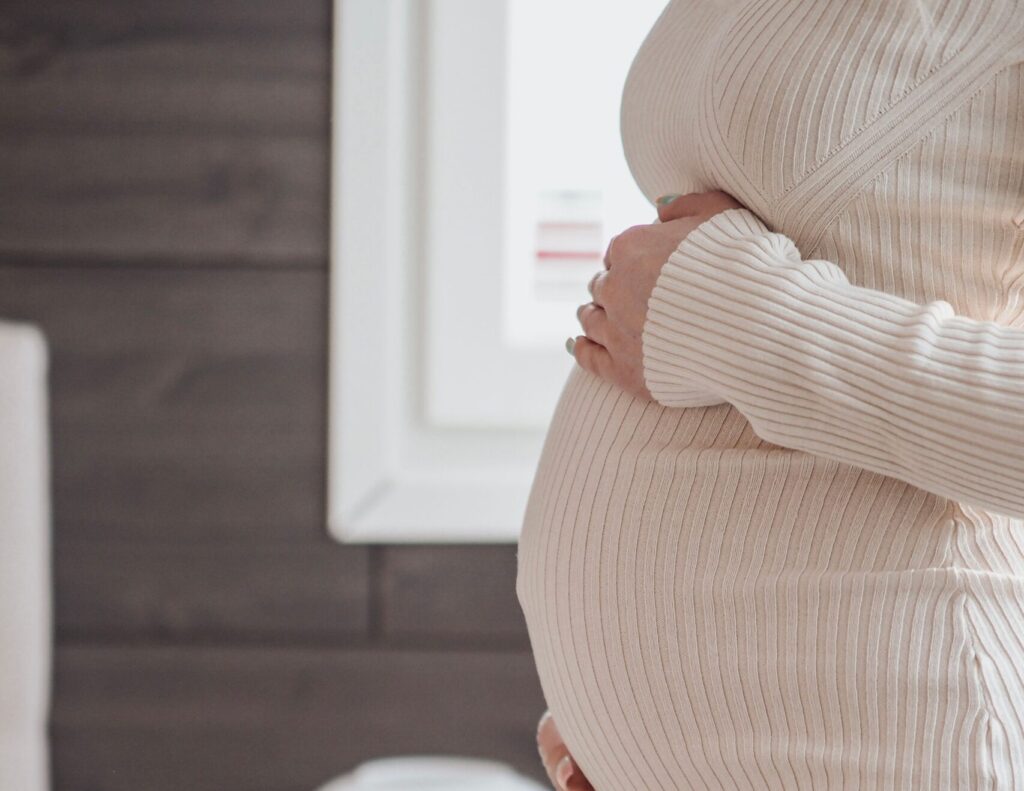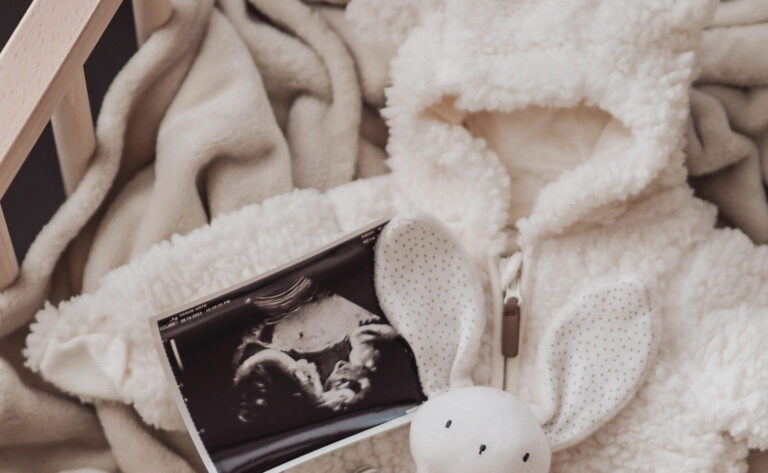During pregnancy, many expectant mothers pay particular attention to their diet, as the safety of certain foods raises concerns. It is particularly important to be aware of the recommendations for cheese. Goat’s cheese is one of the delicacies that can cause uncertainty for expectant mothers: is it safe to eat or not? This article looks at the potential risks of goat’s cheese during pregnancy and gives tips on how to enjoy cheese safely during pregnancy.
Pregnancy and nutrition: Safety of goat cheese
Pregnancy is a time when a woman’s body is under great stress and needs more of certain nutrients. That’s why it’s really important to eat a varied and healthy diet so that mother and baby get all the nutrition they need. But at the same time it is important to be careful, as certain foods can be harmful to pregnant women.
Although goat’s cheese is generally delicious and nutritious, eating it during pregnancy is considered risky. This is because there may be risks involved in the production of goat’s cheese, including the presence of harmful bacteria such as listeria. In addition, unpasteurised products such as certain goat cheeses can contain pathogens that can be dangerous for both mother and baby. So while goat’s cheese may sound appealing, eating it during pregnancy must be carefully considered to avoid any potential risks to mother and baby.
Find out more about the signs of early pregnancy and how to recognise them here!
Listeriosis: The hidden risk of goat’s cheese
Listeriosis is a rare bacterial infection caused by the bacterium listeria. This bacterium can be commonly found in foods such as cheeses made from raw milk, for example goat’s cheese. Symptoms of this disease include fever, muscle aches, diarrhoea and other digestive problems. Especially for pregnant women, listeriosis can be very dangerous as it can cause serious complications such as miscarriages, premature births or even death of the fetus.
Eating goat’s cheese during pregnancy can also pose serious risks to the fetus if the cheese contains listeria bacteria. Fetal listeriosis can result in low birth weight, breathing difficulties, infections such as septicaemia or meningitis, or even death. In addition, fetal listeria infection can cause permanent neurological damage such as blindness, deafness and mental disabilities. These potential complications underline the importance of avoiding foods containing listeria, such as goat’s cheese, during pregnancy.
During pregnancy, a woman’s immune system changes to protect the growing fetus while also trying to protect the mother from potential diseases. However, these changes can impair the immune system in a number of ways, including its ability to fight food-borne bacterial infections. Because during pregnancy a woman’s body cannot fight bacteria as effectively as normal, pregnant women are up to 20 times more likely to develop listeriosis than the general population. This means that while goat’s cheese may be a healthy and nutritious choice for most people, it can cause serious problems for pregnant women.
Ensuring safety is particularly important for expecting mothers.
Pasteurisation: unpasteurised goat’s cheese and the challenges of pregnancy
Pasteurisation is the process of heating milk, for example, to a temperature high enough to kill potential pathogens. Goat’s cheese made from unpasteurised milk may contain harmful bacteria such as listeria. During pregnancy, a woman’s immune system is weaker than usual, making her more vulnerable to infections.
In addition to unpasteurised cheeses, raw milk cheeses, including other types of goat’s cheese and mould cheeses, are particularly susceptible to the growth of listeria bacteria. It is therefore recommended that pregnant women also avoid eating them. Although listeriosis is not a common disease, its potential consequences can be serious, so it may be better to choose less risky foods instead of goat’s cheese during pregnancy.
Always remember to check the label of the goat’s cheese before you buy it, so you know whether it is made from pasteurised or unpasteurised milk. If the label is not clear, it is better to leave the cheese on the shelf and choose another alternative. Ensuring safety is particularly important for expecting mothers.
Why shouldn’t you eat salty liquorice when you’re pregnant? Read more here!
Types of cheese to avoid: what makes goat’s cheese risky?
Goat’s cheese is known for its protein and calcium content, which are important elements in the diet of pregnant women. It is also a good source of many other important nutrients, such as vitamins and minerals, which are essential for fetal development. However, goat’s cheese has its own risks during pregnancy. Although many cheeses are safe during pregnancy, certain types of cheese should be avoided by expectant mothers. This includes all mould-based cheeses, such as brie and blue cheese, and soft cheeses made from unpasteurised milk, many of which are goat’s cheeses.
Goat’s cheese is particularly risky, however, because it is usually made from raw milk that has not undergone a pasteurisation process to destroy harmful bacteria. In addition, goat’s cheese is usually soft, which creates an ideal environment for the growth of listeria bacteria. It is therefore advisable to avoid eating goat’s cheese during pregnancy, despite its nutritional benefits. For reasons such as these, it is important for pregnant women to be aware of these risks and to choose their diet carefully in order to safeguard the health of both themselves and their fetuses.
There are a number of safe options to enjoy.
Building a safe diet during pregnancy: What can you eat and what else should you avoid?
During pregnancy, it is essential to build a safe and healthy diet. While it is advisable to avoid eating goat’s cheese and other soft cheeses made from unpasteurised milk during pregnancy due to the possibility of listeria infection, there are several safe alternatives that can be enjoyed. Hard cheeses made from pasteurised milk, such as cheddar, Swiss and gouda, are safe and tasty alternatives. Cream cheeses are also safe, as long as they are made from pasteurised milk. All of these cheeses also provide high levels of essential vitamins and minerals that are important for pregnant women and fetal development. It is always a good idea to check the label of the cheese to make sure it is made from pasteurised milk.
In addition to soft cheeses made from unpasteurised milk such as goat’s cheese, there are other foods that should be avoided. Raw or undercooked meat, such as fillets and carpaccio, can contain Toxoplasma gondii parasites, which can cause serious harm to the fetus. Undercooked eggs and food made from them can also contain salmonella bacteria. Raw or undercooked seafood, such as oysters and sushi, can be risky for pregnant women due to the possible presence of bacteria and high levels of mercury. Caffeine intake should also be limited during pregnancy as it can adversely affect fetal growth. Pregnant women should pay particular attention to their diet to ensure the safety of both themselves and the growing fetus.
Read also our tips for nausea in pregnancy here!










